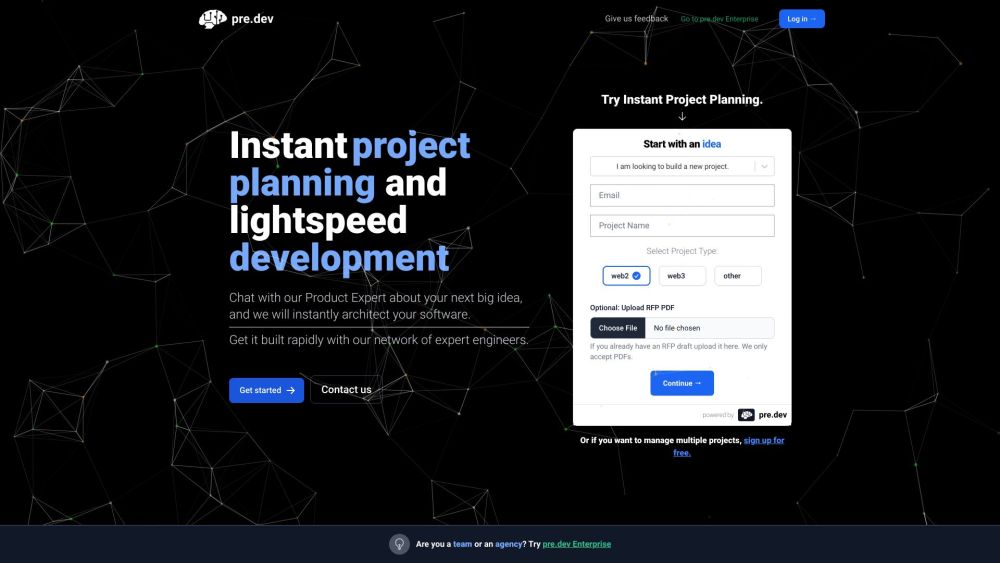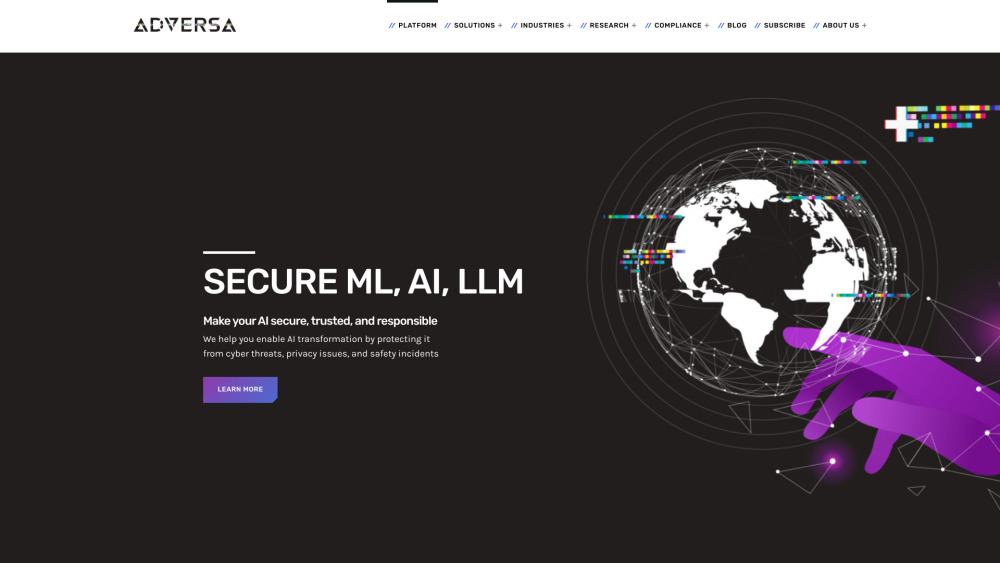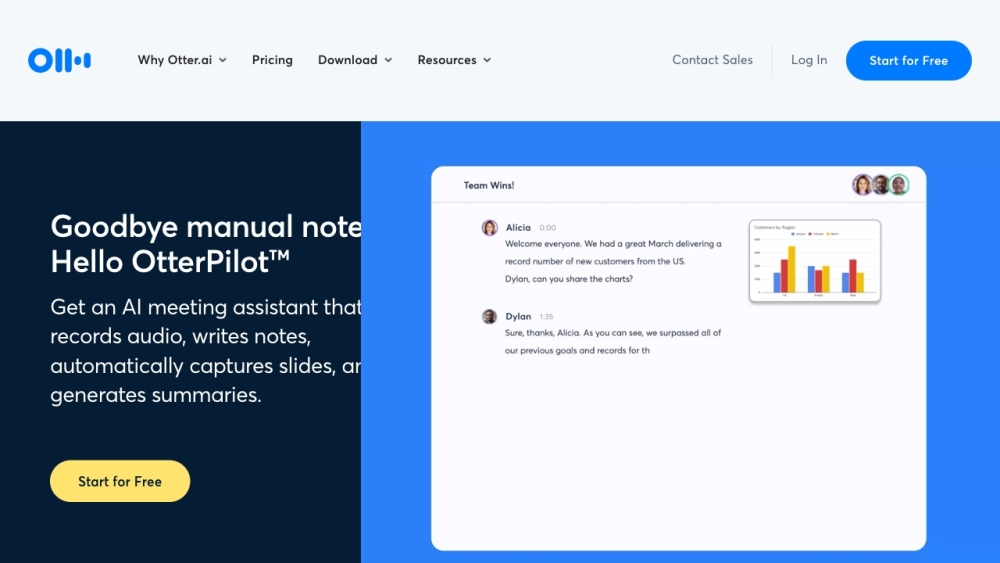Staying updated in the rapidly evolving artificial intelligence (AI) sector can be a challenging task. Until AI takes over that responsibility, here's a concise summary of the latest developments in machine learning, including significant research and experiments that we haven't discussed previously.
This Week in AI
Microsoft has introduced a newly designed standard keyboard layout for PCs, featuring a dedicated “Copilot” key. Yes, you read that right! From now on, Windows devices will include a key specifically for activating Microsoft’s AI-driven assistant, Copilot, which replaces the right Control key.
This change likely reflects Microsoft's commitment to leading the race for both consumer and enterprise AI applications. This marks the first update to the Windows keyboard layout in nearly 30 years, with devices featuring the Copilot key set to arrive by late February.
But is it truly necessary? Are Windows users eager for an AI shortcut, or do they prefer Microsoft's interpretation of AI solutions?
Microsoft is making headlines by integrating "Copilot" capabilities into nearly all its products, showcasing its AI technology through impressive presentations and demonstrations. The company hopes this visibility will generate demand.
However, demand is not guaranteed. A few companies have successfully capitalized on viral AI trends. For instance, OpenAI, the creator of ChatGPT, reportedly generated over $1.6 billion in annual revenue by late 2023, while the generative art platform Midjourney has achieved profitability without outside funding.
Still, these success stories are exceptions. Many companies, burdened by the significant costs of training and maintaining advanced AI models, are continuously seeking larger investments to survive. A notable example is Anthropic, which is reportedly aiming to raise $750 million, pushing its total funding to over $8 billion.
Microsoft, along with its chip partners AMD and Intel, envisions a future where AI processing transitions from expensive data centers to local hardware, effectively democratizing AI technology. Intel's new consumer chips come equipped with custom cores designed for AI tasks, and Microsoft’s own data center chips could potentially lower the costs associated with model training.
The real challenge lies in determining whether Windows users and business clients, inundated with Copilot-centric promotions, will actually be interested and willing to invest in this technology. If there’s no demand, Microsoft may soon find itself rethinking the Windows keyboard layout once again.
Additional AI Highlights from This Week:
- Copilot Reaches Mobile: Microsoft has discreetly launched Copilot applications for Android and iOS, including iPadOS.
- OpenAI’s GPT Store: OpenAI is set to roll out a marketplace for GPTs—custom applications based on its text-generating models like GPT-4—in the next week. This initiative was initially announced during OpenAI’s first annual developer conference, DevDay, and was postponed in December due to a leadership change.
- Regulatory Measures from OpenAI: To mitigate its regulatory challenges in the EU, OpenAI plans to channel much of its international operations through an Irish entity. This strategy aims to limit the influence of privacy regulators in the region.
- Advancements in Robotics: Google’s DeepMind has developed a new system that enhances robots' understanding of human requests. This system can coordinate multiple robots and suggest tasks based on their physical capabilities.
- New AI Platform from Intel: Intel is launching a new platform, Articul8 AI, backed by DigitalBridge. Articul8 is designed to maintain enterprise security by keeping customer data, training, and inference within secure environments—ideal for regulated sectors such as healthcare and finance.
- Insights from Satellite Technology: Recent research using satellite imagery and machine learning has unveiled a more comprehensive understanding of maritime activities, revealing a greater number of fishing and transport vessels than previously reported.
- AI-Enhanced Search: Perplexity AI secured $73.6 million in funding, bringing its valuation to $520 million. Unlike traditional search engines, Perplexity features a chatbot interface allowing users to engage in natural language queries.
- Automated Clinical Notes: In additional funding news, Paris-based startup Nabla raised $24 million. The company is developing an "AI copilot" for healthcare professionals to automatically generate notes and medical reports.
Exploring Machine Learning Further
Research into the nuances of human perception and AI behavior continues to yield fascinating findings. For instance, Google DeepMind recently demonstrated that subtle modifications to images, intended for AI interpretation, can also influence human perception. Their study revealed that when an image of flowers was altered to appear more cat-like to AI, observers were more likely to describe it as such, despite not resembling a cat.
In another intriguing study from MIT, researchers employed machine learning to examine language processing systems. They discovered that while straightforward sentences like "I walked to the beach" require little mental effort, complex sentences activate broader areas of the brain, as shown through fMRI scans. By drawing comparisons between human brain activation and that of a large language model, the researchers created a model that predicts whether new sentences would challenge human cognitive processing.
While the potential for machine learning to replicate human thought patterns in complex tasks, such as navigating user interfaces, remains uncertain, innovative research continues to emerge. A project from Ohio State introduces SeeAct, which enhances the understanding of an AI's interaction with real-world tasks by grounding its interpretations in practical examples.
Moreover, Korea's Maritime and Ocean University is tackling the challenges facing autonomous vessels during inclement weather. They propose a sophisticated pathfinding model that utilizes simulations of ship movements, potentially improving safety and operational efficiency during turbulent conditions.
For those seeking a comprehensive overview of last year’s major advancements in computer science, including developments in machine learning, Quanta's exceptional annual review is worth checking out.






